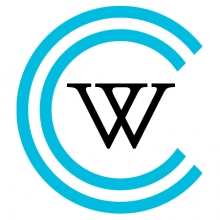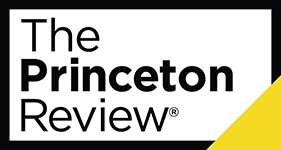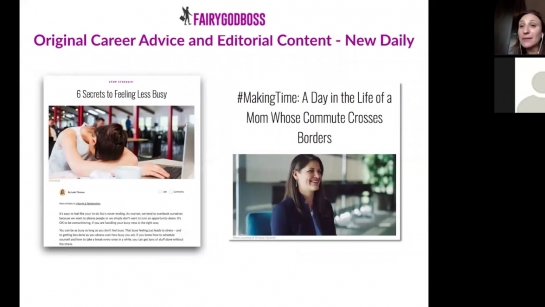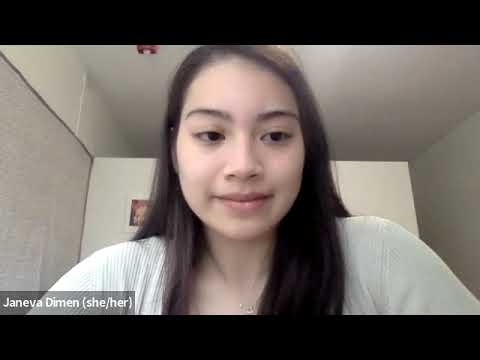Financing Your Graduate School Education

Everyone will specific questions regarding their financial situation and how it impacts the entire application and funding process. This resource provides information to help you project costs and possible methods of funding including loans, school-based aid, PhD specifics, outside funding, fellowships, and scholarships.
Maximize Your Experience Abroad

This resource was co-authored by Wellesley Career Education and the Wellesley Office of International Study.
Learn how to maximize your study abroad experience by connecting to the Wellesley network, exploring beyond the classroom, and reflecting on your experience.
Preparing to Apply for Graduate School

Preparation for grad school can begin any time during or after your time at Wellesley. What is it about graduate school that attracts you? What do you hope to gain by going to graduate school? This resource covers people to meet, how to identify programs, and researching schools.
Alumnae Resume Guidelines

Your resume is generally a one-page document that clearly presents your current and past experiences and accomplishments so that your reader can understand the unique value that you bring to the table. As you begin to draft your resume, this resource will provide guidelines to consider.
Resume Guidelines and Samples

Your resume is generally a one-page document that clearly presents your current and past experiences and accomplishments so that your reader can understand the unique value that you bring to the table. As you begin to draft your resume, this resource will provide guidelines to consider.
Discounted Princeton Review Test Preparation


Wellesley College has a contract with the Princeton Review that allows all students to get a 50% discount on any test prep courses. This includes the MCAT, GMAT, LSAT, GRE, and DAT.
Leverage Your Experience Abroad

Co-authored by Wellesley Career Education and the Wellesley Office of International Study.
This resource provides tips to help you leverage your study abroad experience upon your return.
Graduate Degrees and Program Examples

This resource covers key questions to explore when considering a degree and program type, and provide information about:
- Certificate & Post-Baccalaureate Programs
- Master’s Programs (MA, MS, MBA, MFA, MEd, etc.)
- Doctoral Degrees
- Dual Degree Programs
Negotiation: An Overview

Negotiation is often one of the most intimidating parts of the job search for so many people. People are unsure about when and if they can negotiate. In order to demystify the process and give you confidence, we have outlined what you can do to prepare for a negotiation conversation, and being prepared will make any negotiation go more smoothly.
Graduate School Preparation Mini-Grants

The Graduate/Professional School Preparation Fund, funded by a generous grant from the Wellesley Students’ Aid Society, is intended to help current Wellesley students with expenses related to graduate or professional school preparation.
Applying to Graduate School

"Do I want to apply now?" There is no simple way to answer this question because the reasoning is different for each person. This resource will help you to consider if this is the best time for you to apply for graduate school.
Negotiation & Identity

Your social context for negotiation will depend upon a variety of factors. This is where you may ask yourself where you are at this stage in your career journey. How do your identities, values, interests, skills, and other aspects of your background intersect with the negotiation process? All of these components are worth considering because they will inform your approach to the process. Depending on your personal situation, some components may pose more questions for you than others.
Test Preparation Book Loan Program


Wellesley Career Education has LSAT, GRE, MCAT and DAT test prep books to lend to current students planning to take one of these exams in the near term.
Artful Communication for Networking

Whenever we interact with others, we are practicing the art of communication. It is something that is best learned by trying and failing, practicing, and observing others who are skilled. When you are exploring careers and trying to find a job, you will be meeting people and building relationships. Improving your communication skills as you try to meet people who share your professional interests should be an ongoing lifelong goal.
Introduction to Graduate School

Graduate school is an opportunity to examine a field of your choice with more specificity and direction. It gives you the tools you need to succeed in the industry of your choice. Preparation for grad school can begin as early as your first year of college as you begin conversations with your College Career Mentor about how your values, interests, and strengths align with potential fields of study.
Writing a Personal Statement

A personal statement is a narrative essay that connects your background, experiences, and goals to the mission, requirements, and desired outcomes of the specific opportunity you are seeking. It is a critical component in the selection process, whether the essay is for a competitive internship, a graduate fellowship, or admittance to a graduate school program. It gives the selection committee the best opportunity to get to know you, how you think and make decisions, ways in which past experiences have been significant or formative, and how you envision your future.
Application Timelines for Graduate School

This resource provides a date-free timeline, to give you an idea of the order of events in an application process. Specific dates and timeframes/timelines can vary greatly by academic program and area of interest.
CV (curriculum vitae) Guidelines

Your CV or curriculum vitae is similar to your resume. It clearly represents your current and past experiences and accomplishments so that your reader can understand the unique value that you bring to a job/internship/academic program. A few important differences to keep in mind about your CV are outlined in this document, along with helpful tips for format and content.




